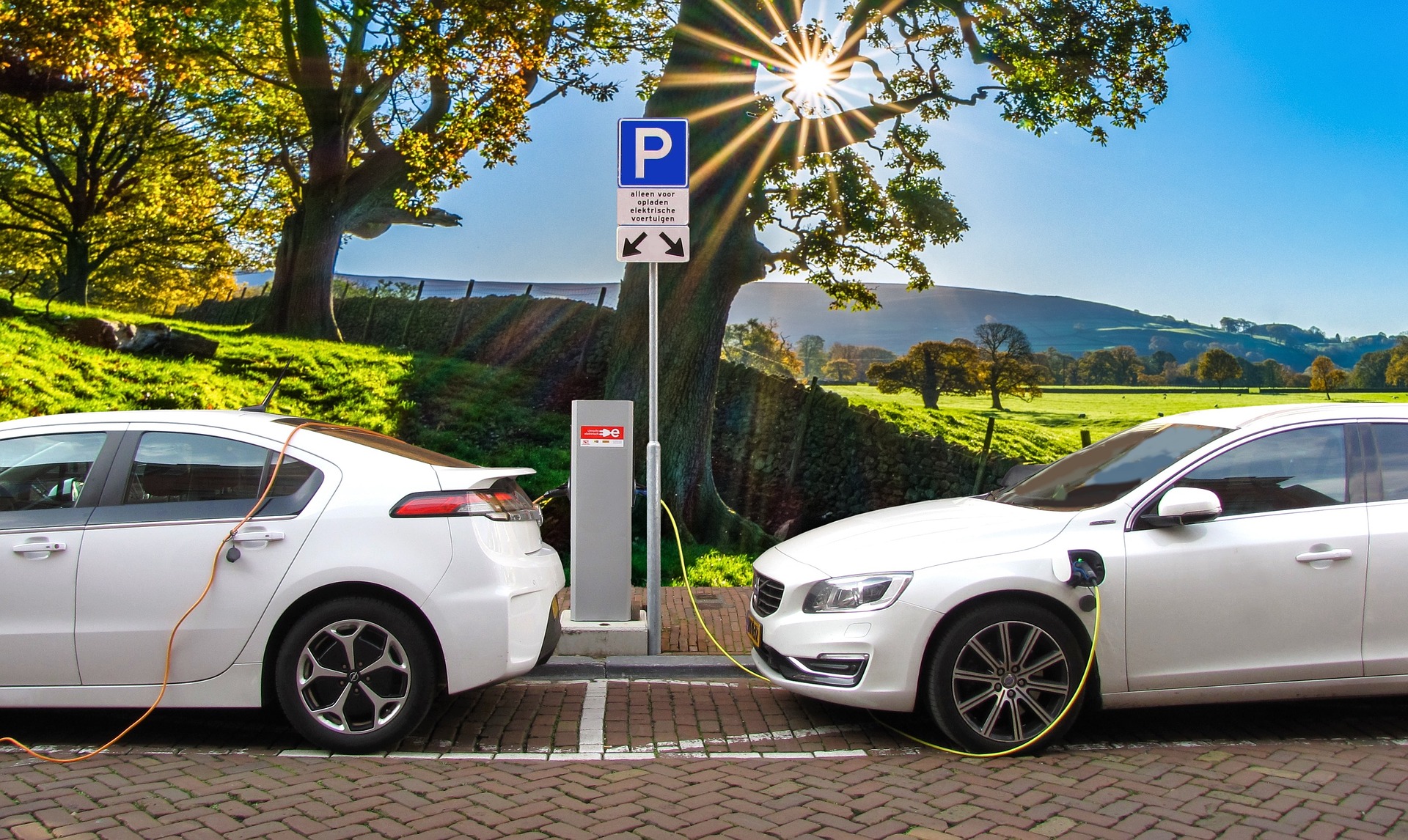But most of us have grown accustomed to our diesel and petrol vehicles. The prospect of buying an electric or hybrid alternative can pose more questions than it answers. Find out everything you need to know before buying an electric or hybrid car with Collingwood, annual learner driver insuranceprovider.
Should I pick electric or hybrid?
The answer depends on what kind of driver you are. With a hybrid vehicle, power is sought from electricity first from the battery. When this runs out, the petrol or diesel element takeover while the battery recharges, meaning that you don’t have to worry about trying to find a charging point in a hurry. Hybrids are also available as plug-in models, where the batteries can be plugged in and recharged at an electrical source. Hybrids tend to suit urban motoring for their ultra-fuel-efficient qualities.
Electric vehicles, on the other hand, rely solely upon the electricity supplied from the rechargeable engine battery. This means they are reliant on charging points. Longer range electric vehicles can go further on a single charge, but need more expensive, bigger batteries to do this. This affects initial costs, but if you frequently travel long distances by car, this option may be best for you. Alternatively, a hybrid option may give you peace of mind on longer journeys. If you mainly make short trips by car, an electric vehicle is a great (and green!) way to do this!
Are electric cars expensive?
The electric and hybrid car market is certainly accelerating in terms of accessibility. And the good news? There are models available to suit a variety of budgets.
As is the case with any vehicle, the initial purchase cost depends on whether you are looking to buy a new or used model. Findings from Next Green Car have shown the extent of variety in terms of all-electric engine pricing, with one of the most popular models, the Nissan Leaf available new from £22,790 and used at £6,750. Models such as the streamlined BMW i3 are pricier alternatives, with a new vehicle costing around £39,575 and used from £14,499.
The hybrid vehicle market enjoys the same range of variety in terms of pricing. The Toyota Yaris Hybrid has emerged as a favourite amongst motorists, with new models for sale between £15,995 and £20,100 and used options coming in anywhere from £7,000 to £19,000. If you are willing to spend a bit more, then the VW Golf GTE can be bought new from anywhere in the region of £33,400 – £35,165 or used at a price of £13,500 up to £24,000.
Generally, electric models tend to be slightly more expensive than their petrol counterparts. Meanwhile, a plug-in hybrid tends to be less than an all-electric vehicle thanks to a smaller battery pack. For long-term expenses, however, electric vehicles are cheaper to run than petrol vehicles. So, the initial cost of the car pays off in fuel savings in the long term! Be sure to check out the discounts and initiatives from manufacturers too! Volkswagen, for example, offered customers a ‘scrappage’ discount in the past when buying an electric vehicle. The UK government also still offers a grant scheme for those looking to switch from petrol or diesel to a plug-in hybrid or electric vehicle. Category 1 vehicles producing less than 50g/km and a zero emissions range of at least 70 miles qualify for a £3,500 grant from the purchase price. It is certainly worth exploring any available incentives to help cover the cost of buying an electric or hybrid vehicles.
Where do I recharge a hybrid or electric car?
Of course, if you are going to buy a hybrid or electric, you’ll need enough charging points in your area! Luckily, apps such as ZapMapcan show you all the public charging points across the UK. Take a look before you purchase your new car to see if there’s enough charging stations to suit your lifestyle.
The UK’s charging network is constantly improving too. For example, a government initiative is focusing on installing an electric car charger at every new built home across the UK. This, alongside a rapidly growing charging network means you won’t be stranded with no opportunity to recharge.

How do I insure an electric or hybrid vehicle?
Arranging an insurance policy for an electric or hybrid vehicle is no different from taking out cover for a petrol or diesel car. While we have covered the running costs for these eco-friendlier motoring methods, taking out insurance is essential to protect yourself from any unforeseen circumstances and comply with UK law.
Contrary to popular belief, you do not need You may have heard that it is more expensive to insure an electric car. But findings from What Car suggest that this might be set to change. When the electric market emerged initially, insurers had no way to reference the cost of repairs on EVs. As a result, their predictions were laid out to accommodate every end of the scale. This led to some suppliers refusing to insure EVs or simply boosting the premiums, which made it harder for electric motorists to get insurance.
Thankfully, this has since been counteracted by the growing popularity of electric and hybrid vehicles, allowing for more realistic premium predictions and rates. Many market observers have predicted continued growth, with a predicted one million-electric cars set to enter the UK’s roads by 2022. This means insurance costs for electric vehicles will soon contend with petrol and diesel.
Switch up your motoring with an electric or hybrid vehicle, it could suit your exact needs while also helping to reduce the overall production of harmful carbon dioxide emissions.
Sources:
https://www.carmagazine.co.uk/hybrid/best-used-hybrid-cars-and-plug-ins/
https://cleantechnica.com/2019/02/17/plug-in-hybrid-vs-fully-electric-which-is-best/
https://www.bmw.co.uk/bmw-cars/bmw-i/2018-i3-and-i3s
https://www.nissan.co.uk/vehicles/new-vehicles/leaf/range-charging.html
https://www.express.co.uk/life-style/cars/1154005/electric-car-charging-UK-homes
https://www.rac.co.uk/drive/advice/know-how/electric-cars/
https://www.whatcar.com/advice/owning/are-electric-cars-more-expensive-to-insure/n18043
https://www.whatcar.com/advice/owning/are-electric-cars-more-expensive-to-insure/n18043














